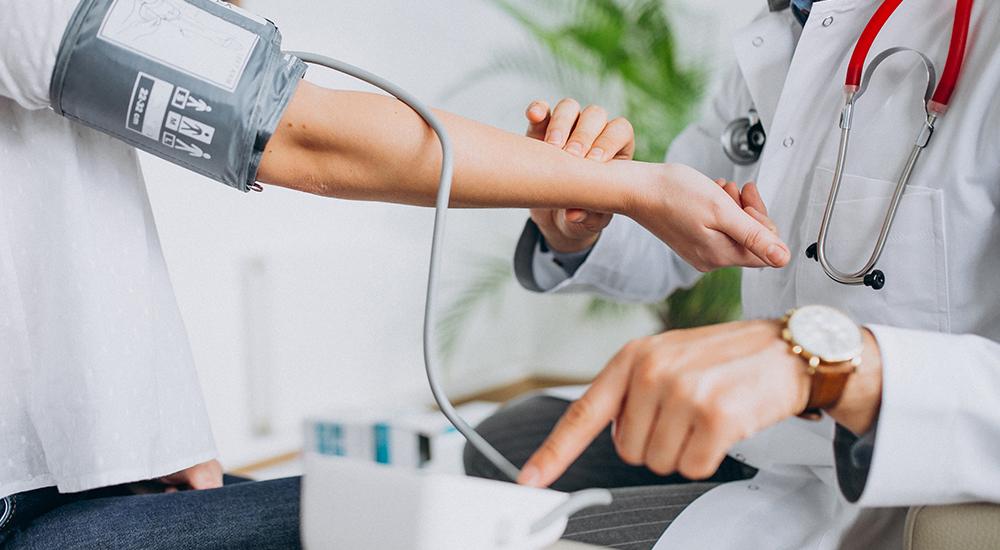Medical products play a crucial role in modern healthcare, helping diagnose, treat, and prevent diseases to improve patient outcomes. From simple bandages to advanced diagnostic devices, these products support healthcare professionals in delivering effective care.
If you’re curious about what medical products are, their types, uses, and how they enhance healthcare, this article will provide a clear and easy-to-understand introduction.
What Are Medical Products?
Medical products are tools, devices, instruments, or consumables used in healthcare settings to support diagnosis, treatment, monitoring, and rehabilitation. They range from everyday items like gloves and syringes to complex machines such as MRI scanners.
Types of Medical Products
1. Medical Devices
These include instruments or machines used for diagnosis, treatment, or monitoring. Examples are:
- Diagnostic devices: X-ray machines, blood glucose monitors, ECG machines
- Therapeutic devices: Infusion pumps, ventilators, pacemakers
- Surgical instruments: Scalpels, forceps, laparoscopes
2. Consumables and Disposables
These single-use items help maintain hygiene and prevent infection, including:
- Gloves, syringes, bandages, catheters, masks
3. Pharmaceutical Products
Medications and vaccines used to treat or prevent illnesses.
4. Personal Protective Equipment (PPE)
Products that protect healthcare workers and patients, such as masks, gowns, and face shields.
5. Rehabilitation and Mobility Aids
Tools that assist in patient recovery and daily activities, including wheelchairs, crutches, prosthetics, and braces.
How Medical Products Improve Healthcare
1. Enhance Diagnosis and Monitoring
Advanced diagnostic devices enable early detection of diseases, improving treatment success rates. Continuous monitoring tools help manage chronic conditions like diabetes and heart disease.
2. Support Effective Treatment
Medical devices and pharmaceuticals facilitate precise, targeted treatment, reducing complications and speeding recovery.
3. Prevent Infections and Improve Safety
Disposables and PPE reduce the risk of infections in hospitals, safeguarding both patients and healthcare workers.
4. Improve Patient Comfort and Mobility
Rehabilitation aids promote independence and enhance the quality of life for patients recovering from injury or managing disabilities.
5. Increase Efficiency in Healthcare Delivery
Innovative medical products streamline procedures and reduce hospital stays, lowering overall healthcare costs.
Examples of Medical Products in Everyday Healthcare
- Blood pressure monitors for home use
- Insulin pens for diabetes management
- Surgical robots assisting in minimally invasive surgeries
- Wearable heart rate and oxygen monitors
- Disposable gloves and masks in clinics and hospitals
Choosing the Right Medical Products
Healthcare providers select medical products based on factors such as safety, effectiveness, ease of use, and cost. Regulatory approvals and quality certifications ensure products meet high standards.
Conclusion: The Vital Role of Medical Products in Healthcare
Medical products are essential in advancing modern medicine. They improve the accuracy of diagnoses, support effective treatments, and promote patient safety and comfort. Understanding their types and uses helps patients and caregivers appreciate how these innovations contribute to better health outcomes.
Whether in a hospital, clinic, or home setting, medical products continue to transform healthcare by making it more efficient, accessible, and effective.

